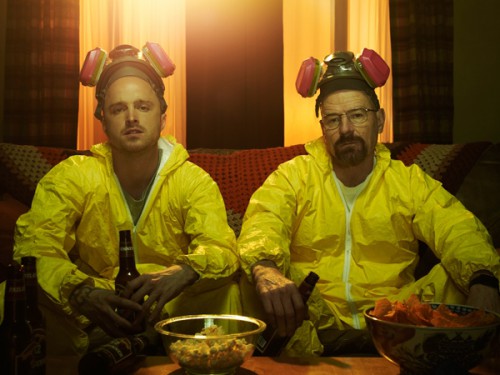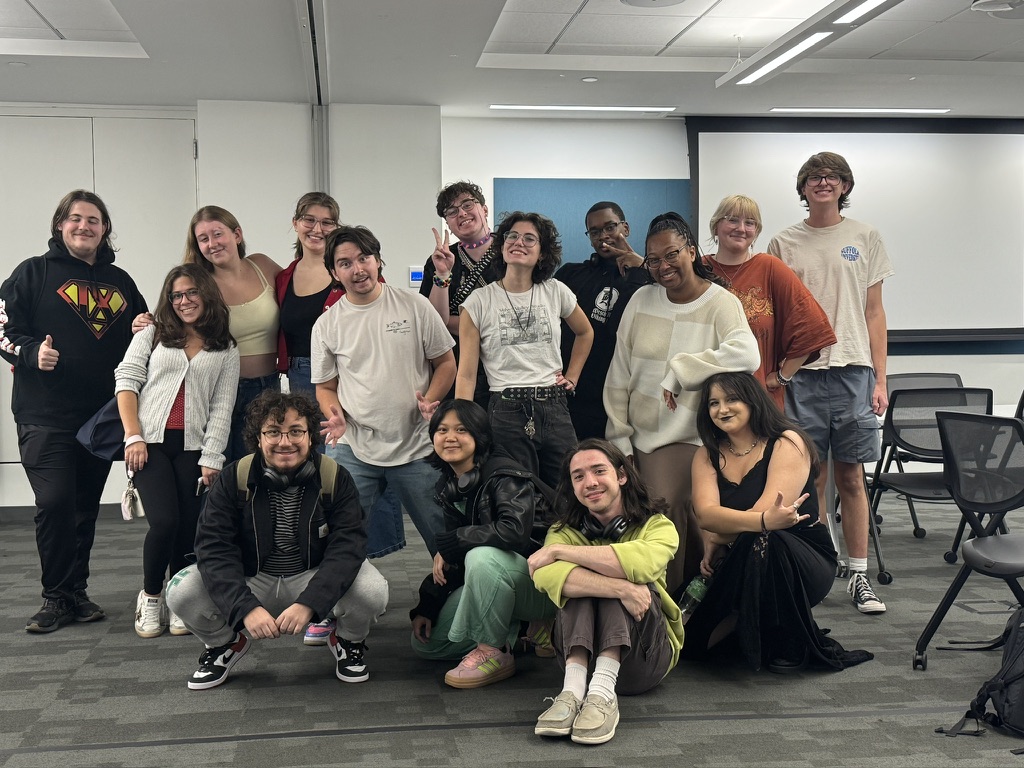By: Jack Constantine
Sunday night marked the end of the one of the most celebrated and critically acclaimed TV dramas in the history of the medium, Breaking Bad. Nearly 10 million viewers tuned into the series finale, the highest rating in the AMC show’s history. After five seasons of twists and turns, maneuvering and back stabbing, the saga of high school chemistry teacher turned meth kingpin Walter White is finally over.
There came a palpable sense of closure as the final shot zoomed out from White’s sprawled dead on the floor surrounded by his beloved cooking equipment. A sentiment echoed even in the last, dying look on White’s face, one of satisfaction. After a year-long furlough spent hiding from the law in a remote New Hampshire cabin, Heisenberg himself returned to settle all affairs before his inevitable demise. Throughout the show’s run creator Vince Gilligan has continually tested viewers’ sympathy for Walt, a lung cancer victim who at first claimed to enter the meth making business to simply support his family. As the show progressed, however, White began to gradually blur the morally ambiguous boundaries of right and wrong; threatening, maiming, and killing anyone who came between him and his money and power. Eventually, audiences were witnessing Walter White no longer, as his alter-ego, the ruthless criminal mastermind Heisenberg, erased any last vestiges of humanity left within him.

“Felina,” however, managed to fulfill viewers’ expectations and settle all lingering questions without settling for a quixotic happy ending or an abrupt, ambiguous ending a la the Sopranos. White’s return saw cameos from Badger and Skinny Pete, an unannounced visit to his old friends and business partners Gretchen and Elliot Schwartz, silent goodbyes to his two children, and, most dramatically, a final admission to Skylar that “Everything I did…I did it for me. I liked it. I was good at it. And I was really…I was really alive,”
In a violent and climatic fashion, White finished off the neo-Nazi gang responsible for the death of his brother-in-law Hank, while managing to save his onetime partner Jesse from the same fate. After Jesse brutally ended Todd in retaliation for the murder of his girlfriend, he was finally given an opportunity to kill the man responsible for so much pain and turmoil in his life: White. Truly, the character of Jesse has gone through more strife than any other throughout the show. When finally presented with the chance, however, Jesse spared White’s life for the second time in the series, true to his ultimately good-natured and moral character.
As White then examined the equipment of his business and livelihood for the last time, a cathartic sense of closure visibly came over him. While the final episode in no way redeemed him for his long list of crimes, it did manage to tie all loose ends together in a cohesive fashion, neatly wrapping up the Shakespearean-like narrative of how deeply a once-moral man can sink into a resentful pure evil character. The series’ brilliance, as time will show, is in the way it tested the limits of the audience’s sympathy, seeing how far we too were willing to go in complicity supporting White’s decline.







